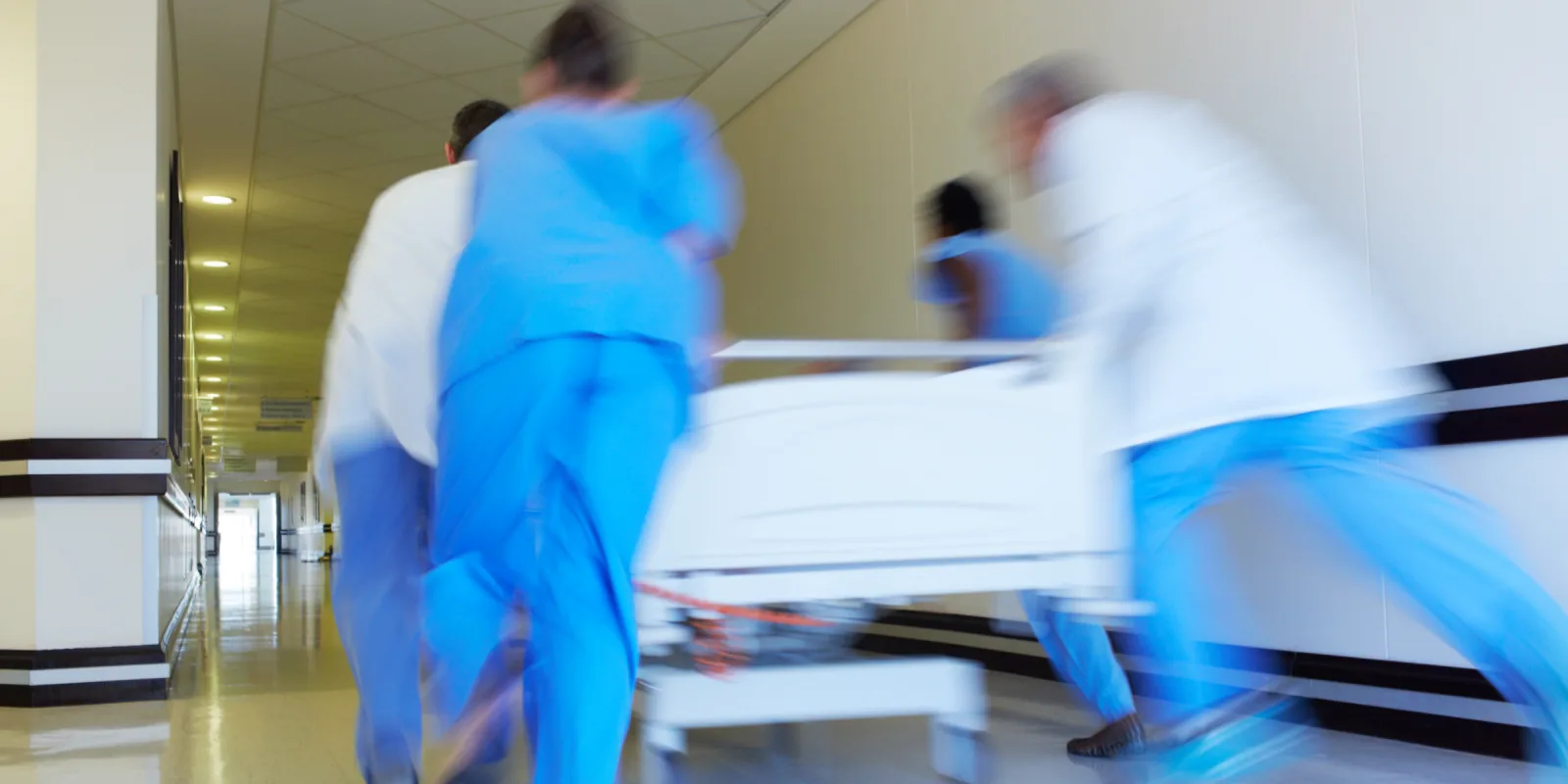
Dear Specialist,
EM was designated as a specialty by the American Medical Association in 1972. Residencies began across the nation during the decade that followed. As a new specialty, we lacked research, fellowships, and the organization of other more seasoned fields in medicine.
EDs had traditionally been staffed by physicians retiring from their specialty careers. Over the next 40 years, it became one of medicine’s most innovative and adaptable specialties, pioneering the use of real-time ultrasound, working with specialists to change the national outcomes for heart attacks and strokes, and becoming leaders in health policy.
EM doctors are directors of poison centers, ICUs, and EMS. These doctors make fast-paced, life-or-death decisions every day.
There are many challenges in being an emergency doctor, and one of these challenges includes calling specialist consults. It is not fun to be the bearer of bad news.
I have a lot of respect for specialists. They have vast knowledge within their realms of expertise. I have often called upon their assistance to help deliver superior patient care.
Unfortunately, respect is not always mutual. I have been hung up on, verbally chastised, called inappropriate names, and then some. This is a well-documented phenomenon. The phrase, “just another emergency room doctor,” is barked through the phone by specialists annoyed by a consultation they deemed inappropriate. This happens often enough that the term has been coined by groups of emergency medicine doctors as #JAERD.
In these instances, there is little consideration given to the ED doctor who may have just lost a patient in a pediatric code or be concurrently managing multiple life-threatening illnesses. There is much to be gained by creating constructive relationships with your emergency physicians. And while we do not share your intricate specialty knowledge, we know someone you do not, the patient.
It took a pandemic, but doctors have taken to Twitter to show their support. Many physicians openly admit that sometimes they may ask too much of the emergency medicine doctor, who might be concurrently managing a trauma, STEMI, and neonatal sepsis.
The world is taking time to appreciate EM physicians, nurses, technicians, and facilities personnel as heroes during the COVID-19 pandemic. They sing from the windows as EM personnel leave shifts. They send food and leave words of encouragement in chalk on the grounds of hospitals. ED staff are endlessly grateful for this community support; it is one of our strongest defenses in the face of the fear created by COVID-19.
When the pandemic is over, we will still need specialist advice to care for the 350,000 patients we serve every day in the United States. We are always grateful for your time, knowledge, and support. Thank you for being available at all hours to help us take care of patients, we could not do it without you.
Signed,
Click here to see more perspectives on COVID-19 from the Doximity network.
Click here for up-to-date news about COVID-19 on Doximity.






